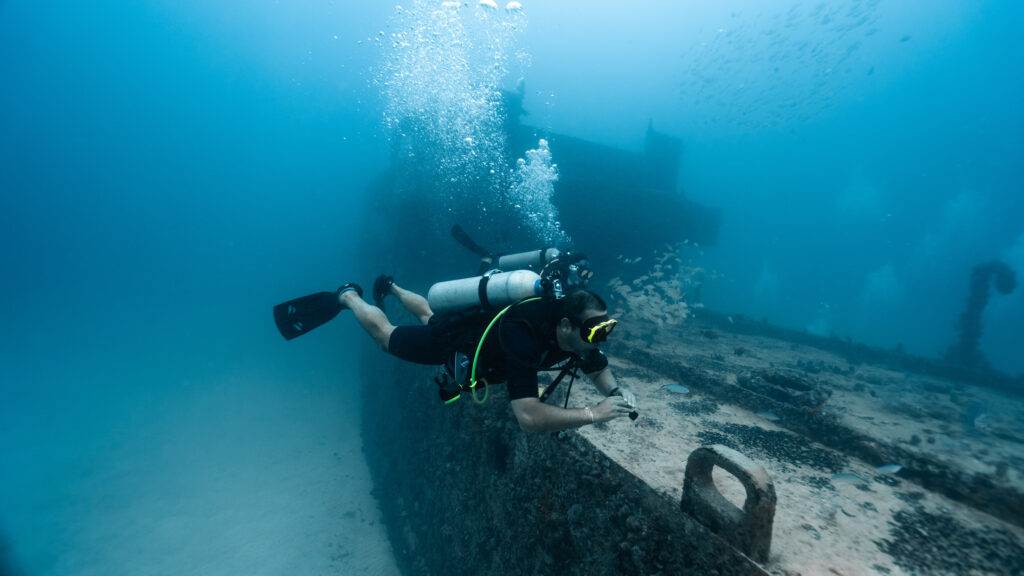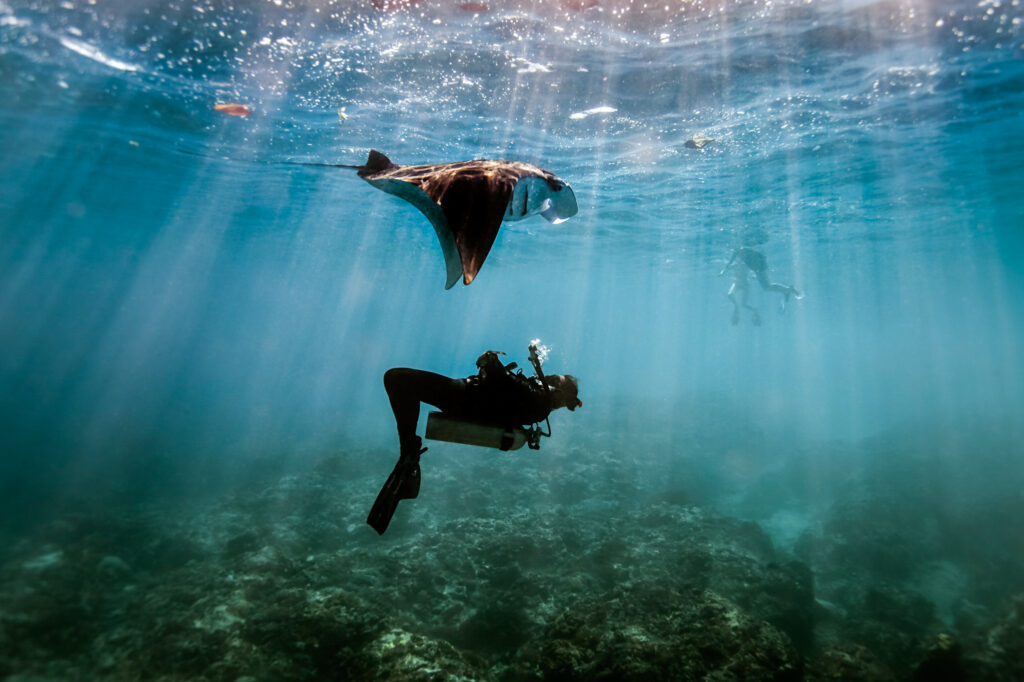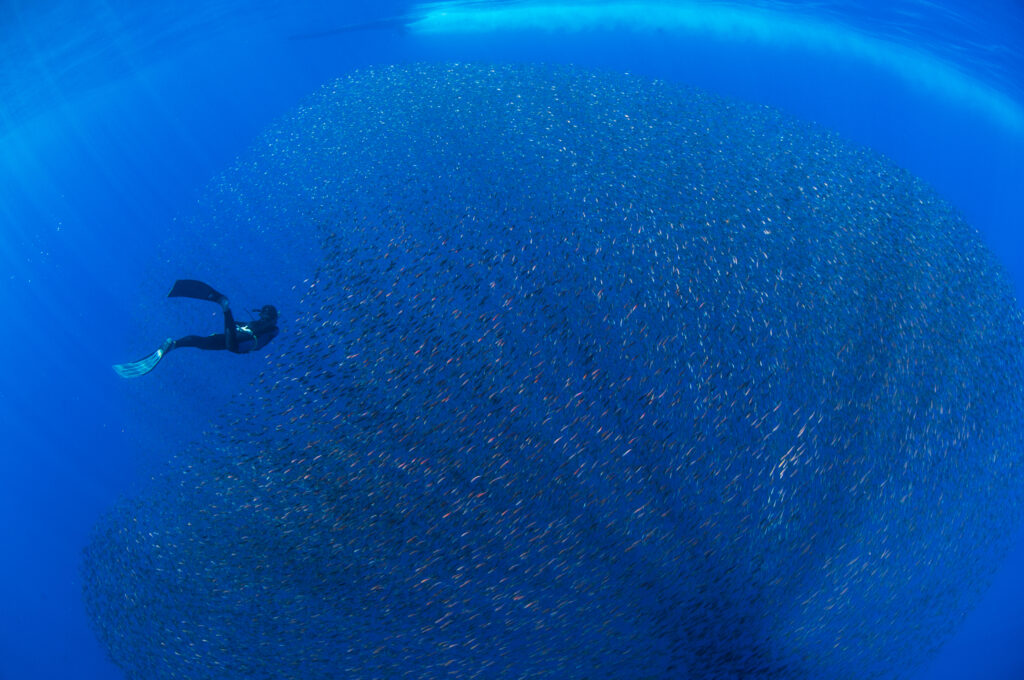What is Professional Diving?

Professional diving encompasses a range of underwater activities performed by individuals trained and certified to work in various underwater environments. These divers are equipped with specialized skills and equipment to carry out tasks that support industries such as commercial oil and gas, scientific research, military operations, and public safety. The importance of professional diving lies in its contribution to the economy, scientific discoveries, and public safety operations, making it an indispensable occupation with a rich history and evolving technology.
What is Confined Water Diving?

Confined water, a term widely used in the scuba diving community, refers to a dive site where the water is enclosed and bounded sufficiently, creating a controlled environment free from the influence of geographic or weather conditions. Such environments are ideal for safe scuba training, providing instructors and students with a stable setting to learn and practice essential skills before advancing to open water dives. The most common example of confined water is a swimming pool; however, other bodies of water, such as quarries or calm, shallow bays, may also serve as confined water environments.
What is Open Water Diving?

Open water diving is a fundamental form of recreational scuba diving, characterized by diving in natural bodies of water such as oceans, seas, and lakes. Unlike confined water diving, which takes place in controlled environments like swimming pools, open water diving offers divers the opportunity to experience the vastness and diversity of underwater ecosystems. This type of diving typically involves greater depths and more variable conditions, making it both a thrilling and challenging pursuit for enthusiasts of all levels. The concept of open water diving is integral to the sport, providing the foundation for various specialized diving activities and advanced certifications.
What is Residual Nitrogen Time?

The world of scuba diving is one that demands attention to detail, respect for the natural world, and an understanding of physics and physiology principles. One crucial concept in this respect is that of “Residual Nitrogen Time” (RNT), an integral part of dive planning that influences dive safety, duration, and depth. This concept revolves around the body’s nitrogen absorption and release processes, directly tied to decompression sickness prevention.
What is Public Safety Diving?

Public safety diving refers to a specialized area of underwater diving focused on search, rescue, and recovery operations in various aquatic environments. Unlike recreational or commercial diving, public safety diving is conducted by highly trained professionals, often part of law enforcement, fire departments, or other emergency response teams. These divers are called upon to perform tasks that are critical to public safety, such as locating drowning victims, recovering evidence from underwater crime scenes, and conducting underwater inspections during disasters.
What is Visual Inspection?

Visual inspection in scuba diving refers to the systematic examination of diving equipment to ensure its safety and functionality. This process is vital in identifying potential issues that could compromise a diver’s safety. Given the high-risk nature of scuba diving, regular visual inspections are crucial for preventing equipment failure that can lead to serious accidents. This article delves into the history, purpose, techniques, common issues, and standards associated with visual inspections in the diving industry.
What is a Controlled Buoyant Lift?

A controlled buoyant lift (CBL) is a critical technique in scuba diving, essential for safely managing the ascent of an incapacitated diver. It involves carefully adjusting the buoyancy of both the rescuer and the casualty to achieve a controlled and steady ascent to the surface. This procedure is vital in emergency scenarios, ensuring that the casualty is brought to the surface efficiently and safely without risking decompression sickness or other complications associated with rapid ascents. The mastery of CBL is a fundamental skill for rescue divers and is included in advanced training programs across various diving certification organizations.
What is Recreational Scuba Diving?

Recreational scuba diving is a popular underwater activity enjoyed by millions of people around the world. It allows individuals to experience the underwater environment firsthand, encountering marine life and underwater landscapes that are typically inaccessible. Unlike commercial or military diving, which focuses on tasks such as underwater construction or defense, recreational scuba diving is primarily for enjoyment and adventure. It involves using a self-contained underwater breathing apparatus (scuba) to breathe underwater, enabling divers to spend extended periods submerged. This activity has grown significantly in popularity due to its appeal to adventurers and nature enthusiasts alike.
What is Trimix?

Trimix is a specialized breathing gas mixture used by technical divers to safely reach greater depths than what is achievable with air or nitrox. Comprising oxygen, nitrogen, and helium, trimix helps mitigate the risks associated with deep diving, such as nitrogen narcosis and oxygen toxicity. By reducing the proportion of nitrogen and oxygen in the breathing mix, trimix allows divers to explore depths well beyond recreational limits while maintaining a safer physiological profile.
What is a Dedicated Dive Resort?

A dedicated dive resort is a specialized vacation destination catering specifically to scuba diving enthusiasts, offering a comprehensive and immersive diving experience. These resorts are strategically located in some of the world’s most sought-after diving areas, providing direct access to vibrant coral reefs, diverse marine life, and underwater attractions. What sets these resorts apart from standard holiday accommodations is their focus on offering tailored services for divers, which may include lodging, dive courses, equipment rental, and guided diving expeditions. Sustainability is a key principle for many dedicated dive resorts, as they place great importance on environmental conservation and responsible tourism practices, aiming to protect the delicate ecosystems that draw guests to these breathtaking underwater environments.
